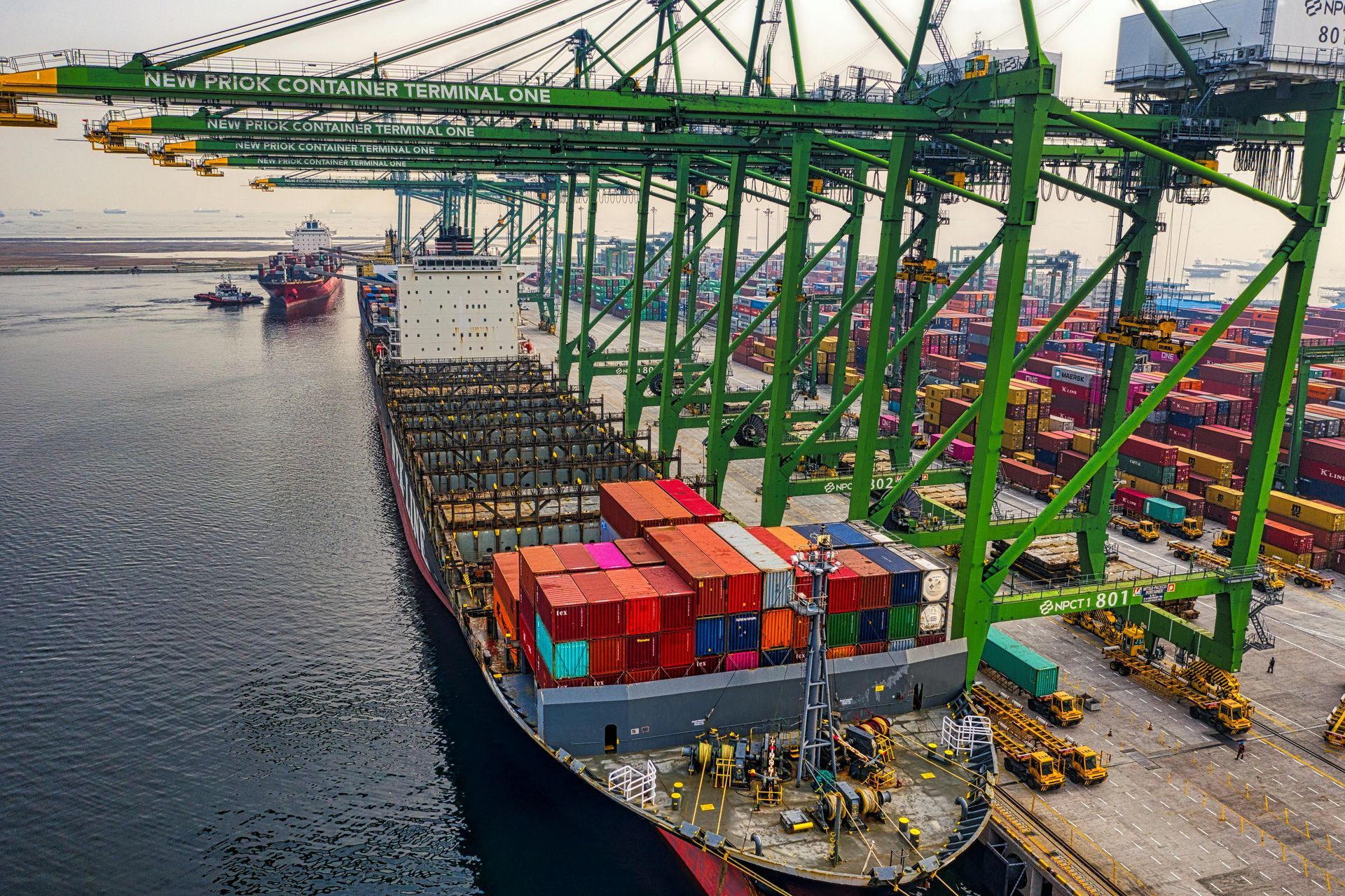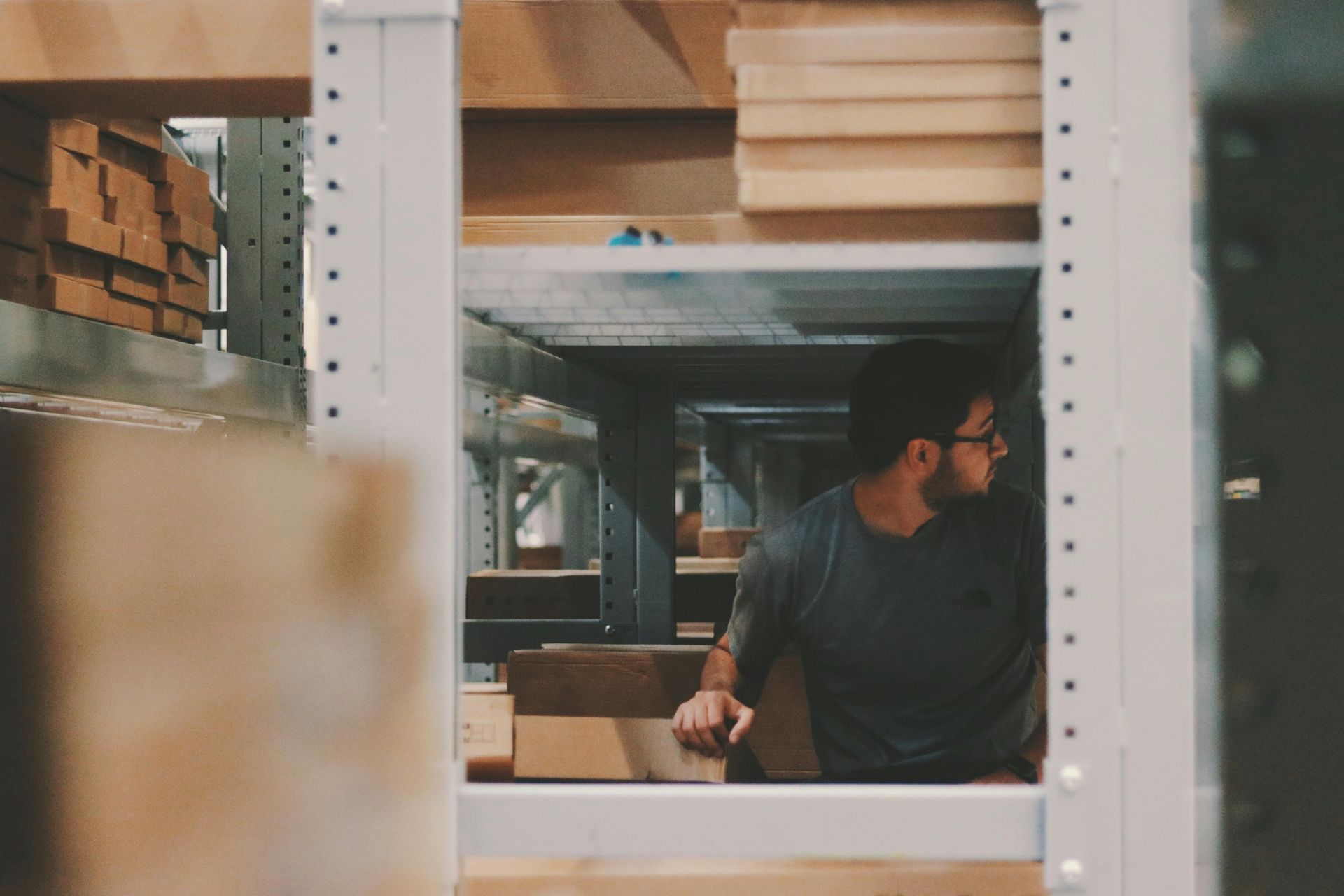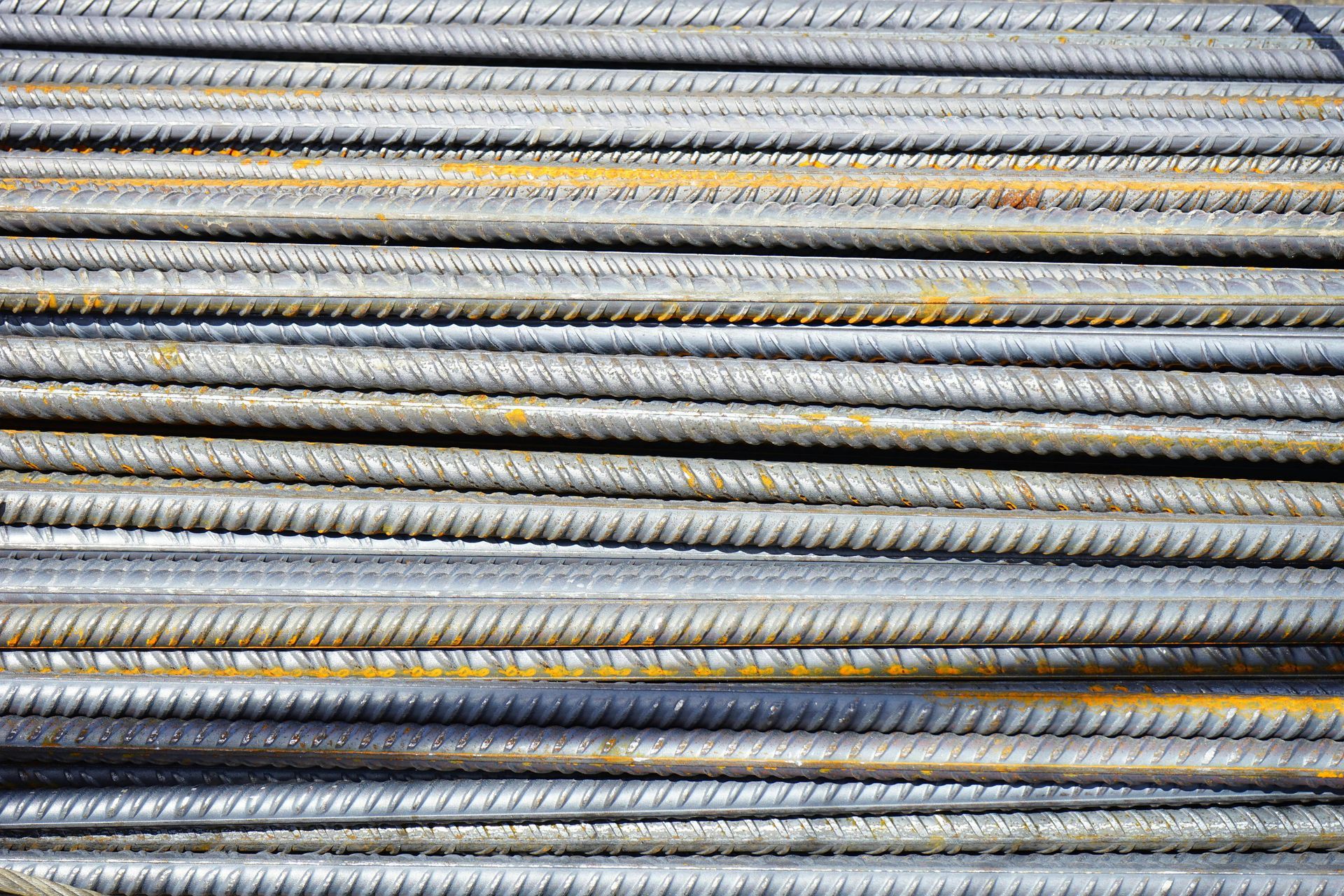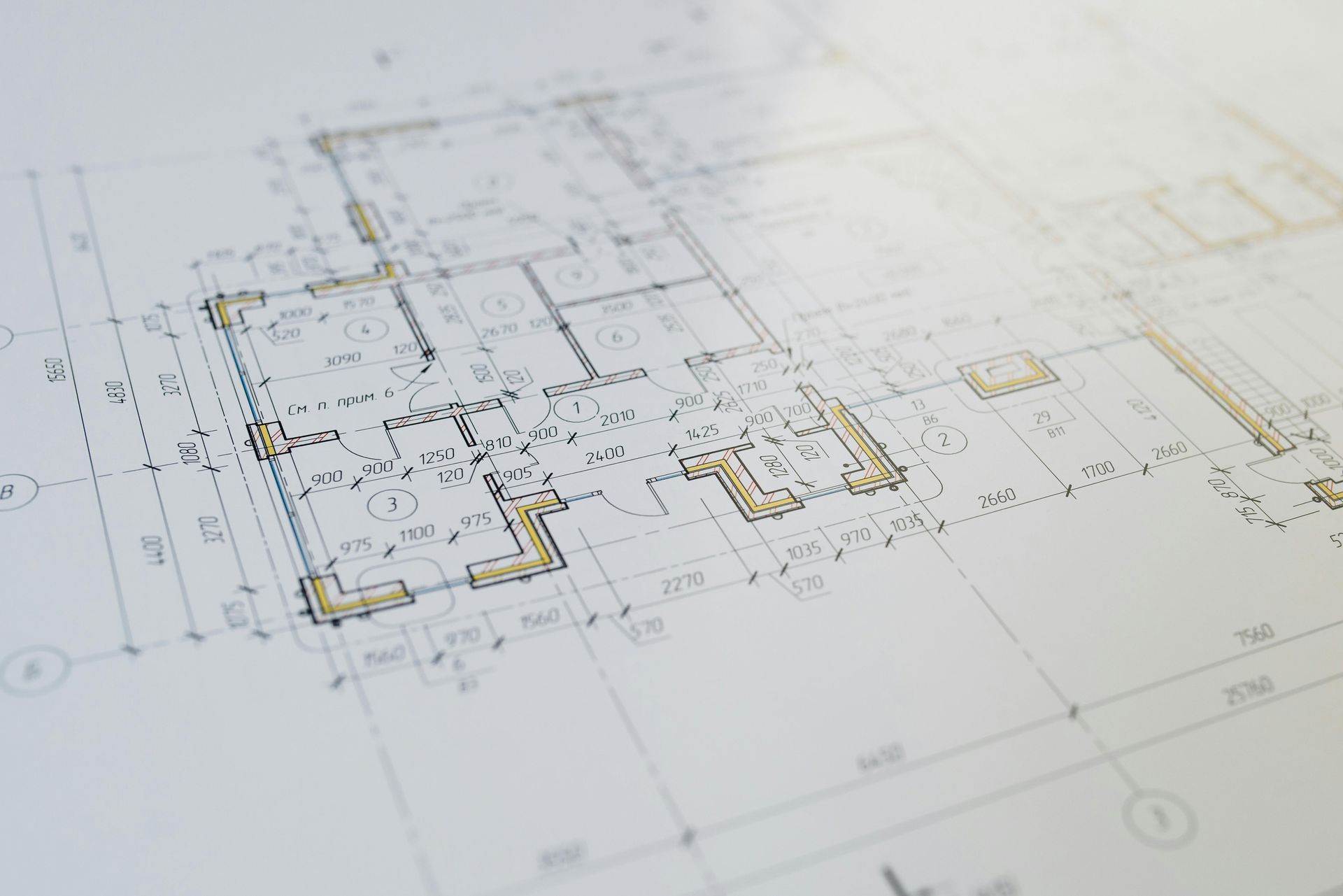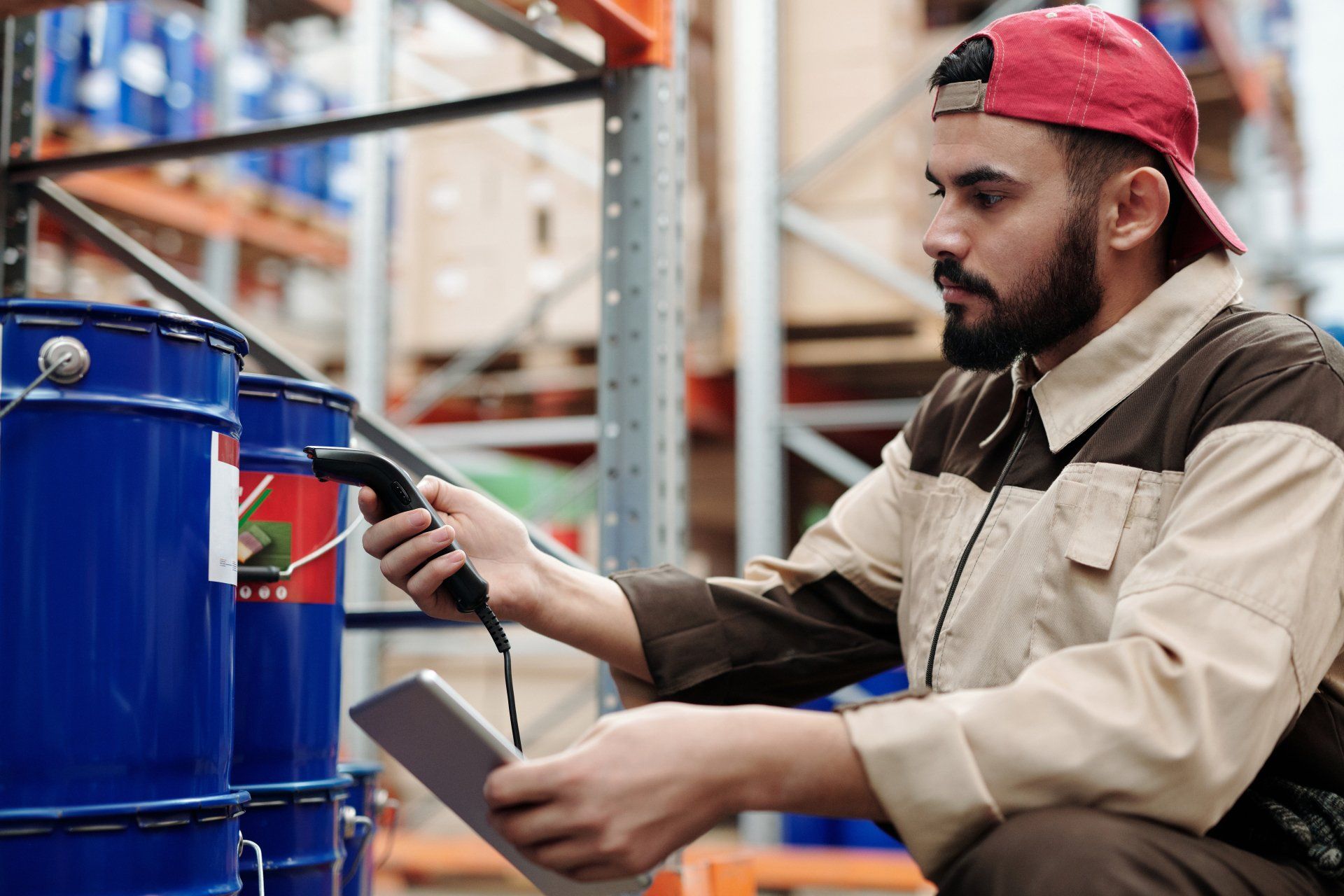Designing MDUs for Families: Creating Comfortable and Supportive Urban Homes
In an increasingly urbanized world, families are choosing to live in Multiple Dwelling Units (MDUs) more than ever before. These multi-family residential buildings offer the convenience of city living without the demands of maintaining a stand-alone home. However, to cater effectively to families, MDU designs must go beyond basic requirements and focus on creating supportive, comfortable, and nurturing environments that meet the unique needs of families with children.
This blog post will explore the key design elements and features that make MDUs family-friendly and how developers can create thriving urban communities that support families in all aspects of their daily lives.
Spacious and Flexible Living Spaces
For families, one of the most important considerations in any home is space. MDUs must be designed to offer adequate living space that allows families to live comfortably while adapting to their changing needs.
- Flexible Floor Plans: Families benefit from flexible floor plans that can adapt to their evolving lifestyle. Open floor layouts with multifunctional rooms provide versatility, allowing spaces to serve different purposes—such as a playroom for young children that can later transition into a study area for teenagers.
- Multiple Bedrooms: Offering units with multiple bedrooms is crucial for accommodating families. A variety of configurations, such as two-, three-, or even four-bedroom units, gives families the options they need based on their size and lifestyle.
- Ample Storage: Storage is essential for families, especially those with young children who have toys, strollers, and other items. MDUs designed with built-in storage solutions, such as closets, cabinets, and storage rooms, make it easier for families to stay organized and keep their living spaces clutter-free.
- Dedicated Work and Study Areas: With the rise of remote work and online learning, families need dedicated work and study areas. Providing built-in desks or alcoves where parents can work and children can study helps families balance work, education, and leisure activities effectively.
Safety and Security Features
Safety is always a top priority for families, especially those with young children. MDUs that cater to families must prioritize safety and security in both unit design and shared spaces.
- Childproof Features: Features such as childproof locks on windows, stair gates, and rounded edges on countertops and furniture can help make units safer for young children. Families want the reassurance that their homes are designed with their children's safety in mind.
- Secure Entry and Controlled Access: MDUs with secure entry points, such as controlled-access lobbies, keyless entry systems, and surveillance cameras, provide peace of mind for families. Controlled access ensures that only authorized individuals can enter the building, making the environment safer for children.
- Safe Outdoor Areas: Outdoor play areas must be designed with safety in mind, including features such as soft flooring, enclosed playgrounds, and proper lighting. These considerations create a safe environment where children can play freely while parents feel at ease.
Family-Friendly Amenities
Family-oriented amenities are a key component of making MDUs attractive to families. Developers should consider the amenities that will make life easier, more convenient, and enjoyable for families.
- Children's Play Areas: Dedicated play areas, both indoors and outdoors, provide children with spaces to explore, learn, and interact with other kids. Indoor playrooms are especially valuable in urban settings where outdoor play may be limited due to weather or space constraints.
- Community Rooms and Gathering Spaces: Community rooms can serve as venues for family-friendly events, birthday parties, and social gatherings. These shared spaces provide opportunities for families to connect with their neighbors and create a supportive community network.
- Fitness and Recreation Facilities: Fitness centers, swimming pools, and recreational facilities that cater to all age groups can make MDUs more appealing to families. Family-oriented amenities, such as shallow pools for young children or family yoga classes, encourage families to stay active together.
- Pet-Friendly Features: Many families have pets, and MDUs that include pet-friendly features, such as pet washing stations, dog parks, or pet-friendly floors, can make life easier for pet owners. Having these amenities ensures that families can care for their pets without leaving the building.
Access to Green Spaces and Nature
Green spaces are essential for families, providing opportunities for outdoor activities and relaxation. Access to parks and green spaces plays an important role in enhancing the quality of life for families living in MDUs.
- Rooftop Gardens and Courtyards: Rooftop gardens, courtyards, and other green spaces offer families a safe place to enjoy nature without leaving the building. These areas provide opportunities for outdoor play, gardening, and relaxation, making urban living more enjoyable for families.
- Nearby Parks and Playgrounds: Proximity to public parks and playgrounds is a major consideration for families. Developers should choose locations that offer easy access to green spaces where families can walk, have picnics, and engage in recreational activities.
- Community Gardening Plots: Community gardens can provide families with the opportunity to grow their own vegetables and flowers. Gardening is a great way for children to learn about nature and sustainability while also creating a sense of community among residents.
Proximity to Essential Services and Educational Institutions
Families need convenient access to essential services, such as healthcare, education, and childcare. The location of an MDU plays a crucial role in making urban living viable and comfortable for families.
- Schools and Daycare Centers: Proximity to quality educational institutions, including schools and daycare centers, is a top priority for families. Being close to these facilities makes daily routines easier for parents and ensures that children have access to quality education and care.
- Healthcare Facilities: Easy access to healthcare facilities, such as clinics, pharmacies, and hospitals, provides families with peace of mind. In case of emergencies or routine medical needs, families want to know that healthcare services are close by.
- Retail and Grocery Stores: Having grocery stores, pharmacies, and retail outlets within walking distance is convenient for families, particularly those with young children. The ability to easily pick up groceries and household supplies makes daily life more manageable for busy parents.
Building a Sense of Community
Creating a sense of community is essential for families living in MDUs. Families want to feel connected to their neighbors and be part of a supportive environment where they can share experiences and resources.
- Social Events and Activities: Hosting regular social events, such as holiday celebrations, movie nights, and family-friendly workshops, helps bring residents together and fosters a sense of community. These events provide families with opportunities to connect with their neighbors and form friendships.
- Shared Spaces for Social Interaction: Shared spaces, such as lounges, community kitchens, and outdoor seating areas, provide opportunities for families to interact with each other. These spaces can be used for group activities, cooking classes, or even potluck dinners, helping build a strong sense of community among residents.
- Parent Support Groups: Creating spaces for parent support groups or playgroups can help families connect and share their experiences. These groups provide emotional support and practical advice for parents, helping them navigate the challenges of raising children in an urban environment.
Sustainable and Healthy Living Environments
Sustainability and health are important considerations for families, and MDUs must be designed to provide environments that promote well-being and sustainability.
- Healthy Indoor Air Quality: Families, especially those with young children, are concerned about indoor air quality. MDUs that incorporate high-quality ventilation systems, low-VOC paints, and air purification systems help ensure that the indoor environment is healthy for all residents.
- Energy Efficiency: Energy-efficient appliances, lighting, and building systems help reduce utility costs for families while contributing to a sustainable living environment. Energy efficiency is an important consideration for families looking to reduce their environmental impact and save on household expenses.
- Waste Reduction and Recycling: Providing convenient recycling facilities and encouraging waste reduction initiatives helps create a more sustainable community. Composting programs and recycling stations make it easier for families to adopt eco-friendly practices.
Designing MDUs with Families in Mind
Designing MDUs for families requires a thoughtful approach that considers the unique needs of parents and children. By providing spacious and flexible living environments, prioritizing safety, offering family-friendly amenities, ensuring access to green spaces, and fostering a sense of community, developers can create MDUs that are well-suited to family living.
Urban living can be a rewarding experience for families when their needs are met through well-designed spaces and supportive communities. By focusing on these key aspects, developers can create MDUs that provide families with a comfortable, nurturing, and connected environment—allowing them to thrive in the heart of the city.
Ultimately, family-friendly MDUs are about more than just providing a place to live; they are about creating a home where families can grow, connect, and enjoy all the benefits of urban living. By understanding and addressing the needs of families, developers can contribute to building vibrant urban communities that enrich the lives of all residents.
